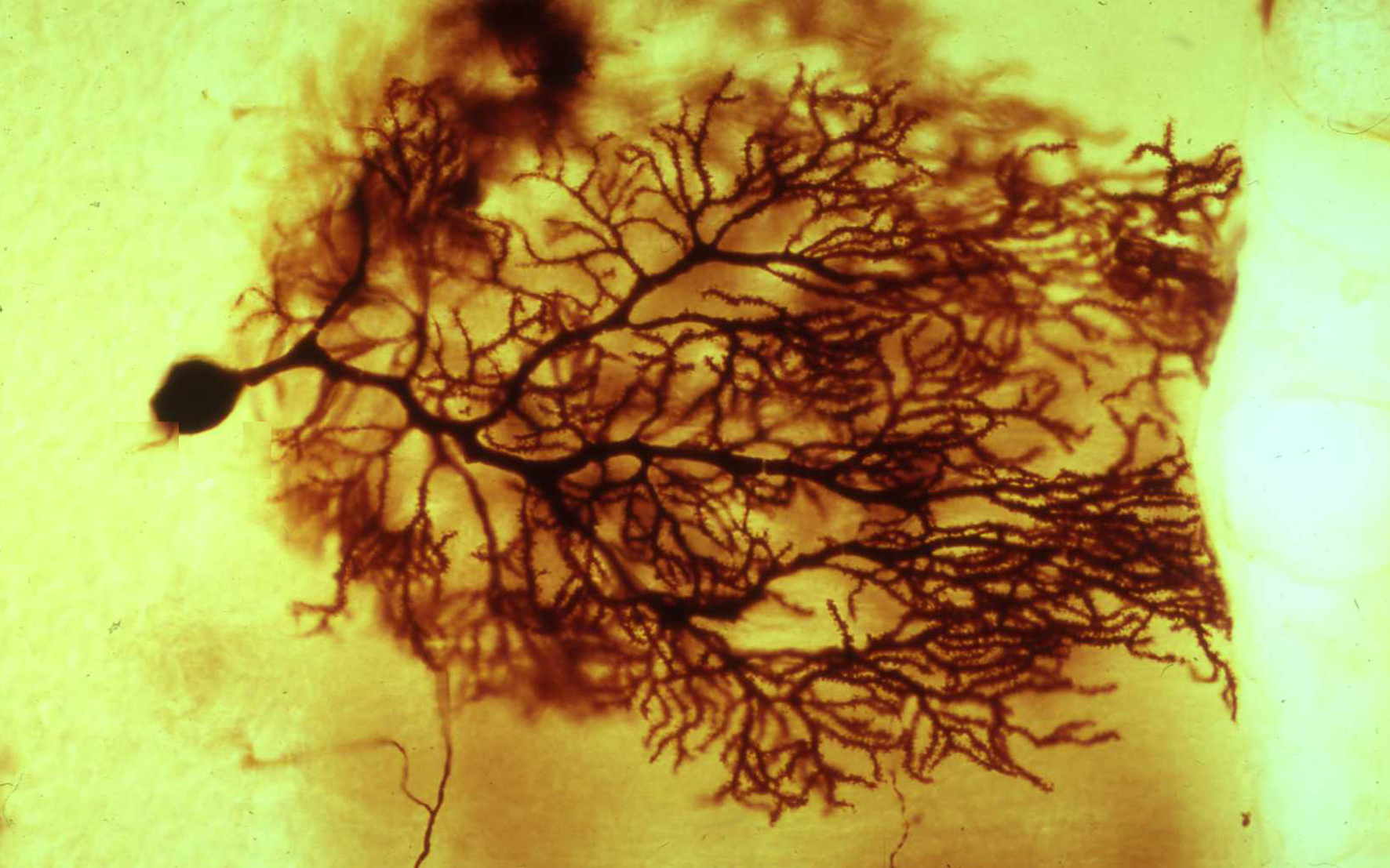Motor Neurone Disease Awareness Month: Durham spin-out given the go-ahead to trial new treatments

June is Motor Neurone Disease (MND) Awareness Month. Andy Whiting, an Emeritus Professor in our Department of Chemistry and CEO of our spin-out company Nevrargenics Limited, explains how his team is using new funding to discover new treatments and hopefully a cure for the condition.
You have been given the green light by Medicines and Healthcare Products Regulatory Agency (MHRA) to run a clinical trial. What will this involve?
This will involve identifying patients within the North East clinical region with Amyotrophic Lateral Sclerosis (ALS) and/or Frontotemporal dementia (FTD) that are willing to participate in a drug trial.
Once patients are recruited, a clinician will administer a twice weekly intravenous injection of our new drug aimed at treating not only the symptoms of these diseases, but hopefully the root causes.
Patients will have blood and cerebrospinal fluids sampled and MRI imaging carried out to see if the drug works in the way we expect and shows signs that the disease may be slowing or reversing.
If success is seen using these biomarkers, the patient can continue being treated with the drug as long as needed.
After several weeks of trialling, a results report is compiled for the MHRA and if success is observed, an application would be made for a further, more extensive trial.
What progress has been made through the research projects you have worked on previously related to MND?
Like other forms of neurodegeneration, MND is characterised by a complex series of processes which malfunction. This includes damage due to excitotoxicity, oxidative damage, increased inflammation, reduced cellular energy generation, reduced clearance of waste proteins and other biochemicals, and increased production bundles of waste granules that become hypertoxic.
In a series of models, all of these processes can be reversed with the Nevrargenics drug so that neuronal cells are protected and are able to show neuroplasticity (improved connections between neurons) and neurorepair.
Do you envisage a cure for MND being found one day?
Yes. Researchers like us, and small biotech companies like Nevrargenics, are the innovators and business drivers to achieve results. Big pharma no longer innovates or take the risks needed to enable the major, transformative, disease modifying, breakthroughs needed to solve neurodegeneration.
We know the underlying causes in all neurodegenerative diseases are substantially related; they can all be tackled, we just need to look and work harder, be more imaginative and less risk averse, to achieve the breakthroughs that over one billion sufferers on the planet deserve.


/prod01/prodbucket01/media/durham-university/research-/research-institutes/wolfson-research-institute/60056.jpg)